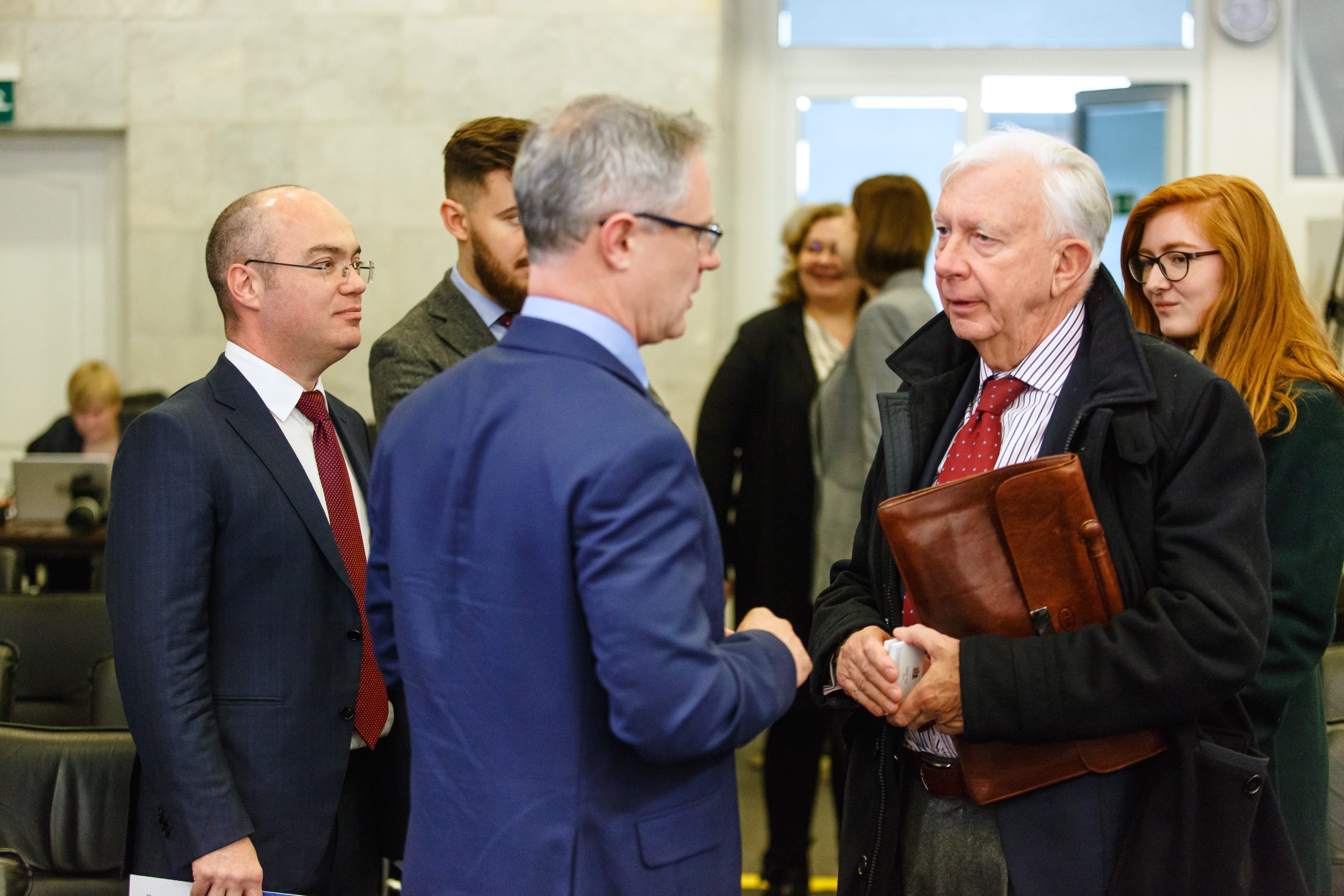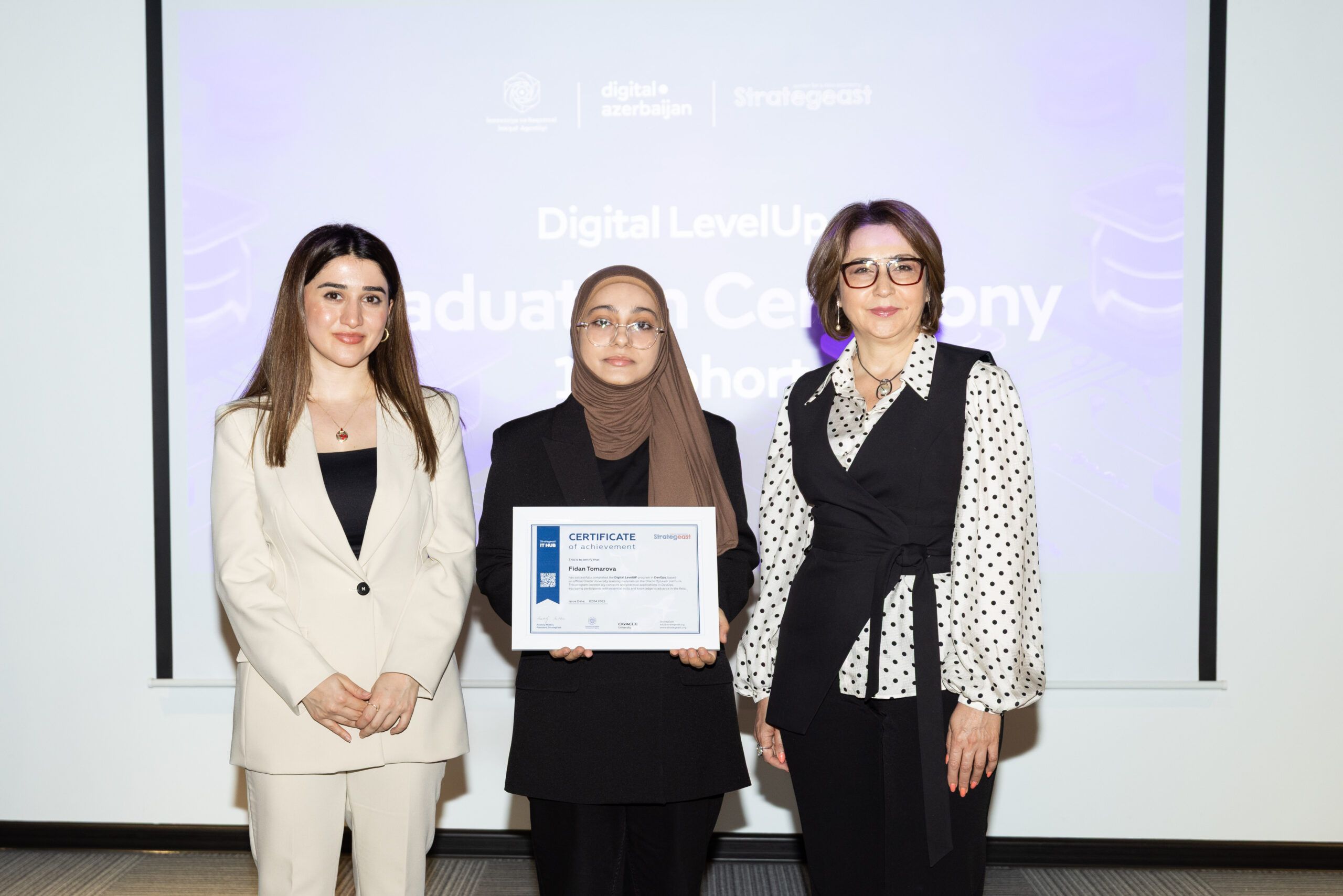On March 26, a presentation of the Westernization Report 2019 by StrategEast at the Ukrainian Crisis Media Center was held. Founder and President of StrategEast Anatoly Motkin spoke about the main conclusions of the Report and called for a discussion on the Eurasian and Baltic states. The event was attended by representatives of the public sector, journalists, representatives of diplomatic missions and foreign embassies in Ukraine.
“After the end of the Cold War, Eurasian and Baltic states had various paths to their economic and political changes. Some states have become democratic and liberal, others are still authoritarian regimes. The 2019 Westernization Report, developed by the U.S. think tank StrategEast, highlights the most important political and economic events in the Eurasian and Baltic states that took place in 2018 and which may affect their level of westernization. The purpose of the Report is to effectively address the common challenges faced by these countries in the process of reconstruction of their states after the collapse of the Soviet Union “- said Mr. Anatoly Motkin.
StrategEast highlights the positive trends that the Eurasian and Baltic states show. In nine of the 14 surveyed countries, the events selected by experts will undoubtedly contribute to the further advancement of Western values. Only in two cases – a review of constitutional reform in Georgia and measures to combat corruption in Kyrgyzstan – it would be premature to make any conclusions about possible outcomes. In the process of implementing these legislative measures, much will depend not only on the authorities but also on the activity of civil society, which will have to “protect” the results of these reforms.
The second important trend is that in most countries events that have had a positive impact on the degree of westernization were initiated by the government. Although it was logical to expect from the obvious leaders of our rating – Estonia and Latvia, and to some extent from Ukraine, but also the actions of the governments of Kazakhstan, Uzbekistan, Azerbaijan and Belarus, once again proved that “westernization of the top down” was possible in countries with a large the diversity of political systems.
At the request of His Excellency Mr. Eduard Hoeks, Ambassador Extraordinary and Plenipotentiary of the Kingdom of the Netherlands to Ukraine, who attended the presentation of the Westernization Report, one of the experts who created the Westernization Index 2018 and the Westernization Report 2019, analyst of the New Europe Center Leo Litra told about Ukraine’s place in the ranking of Westernized countries in the region and on the methodology for creating such analytical reports. He outlined in detail the 5 categories by which the experts assessed the Eurasian and Baltic countries – political, legal, economic, cultural westernization and westernization of lifestyle. Ukraine is now struggling to fight corruption, for example through the introduction of the Higher Anti-Corruption Court, but there is still a long way to overcome this phenomenon, which has a destructive effect on the Ukrainian economy and on the development of Ukrainian society as a whole.
“Such analytical reports issued annually will be able to show us the history of change in the future and determine the tendencies of Westernization and democratization” – Leo Litra.
Mr. Lennart Jurgensen (Friedrich Naumann Foundation) touched an interesting topic about the term “Westernization” and the promotion of the Western values by StrategEast.
“Somebody would say that these are universal human values, but we focus on the democracy that originated in the West and take it as a successful example of transformation of society.” – Anatoly Motkin.




